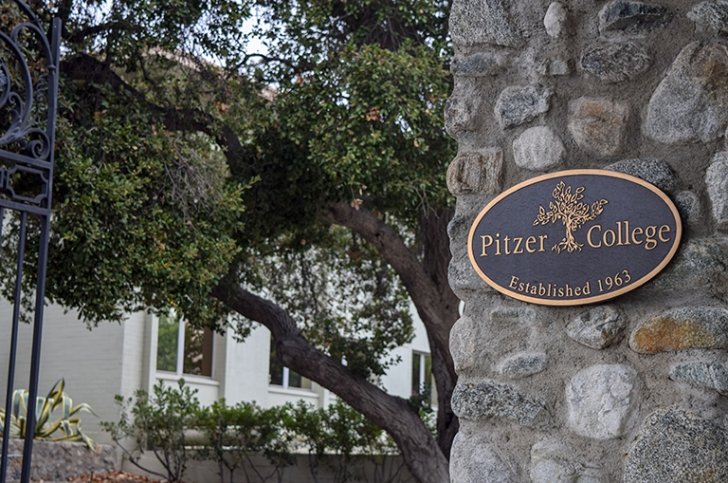Reconciliation Bill and Pitzer
President Thacker provides an update on Pitzer's response to the passage of the 2025 federal reconciliation bill.

July 10, 2025
Dear Pitzer Community,
I write in the wake of last week’s passage and signing of the federal reconciliation bill, a centerpiece of President Trump’s second-term legislative agenda. This wide-ranging legislation introduces significant changes to the U.S. tax code and makes substantial cuts to key government programs, including some affecting higher education.
While the final version of the bill includes some improvements over earlier drafts—thanks in part to persistent advocacy by leading higher education organizations—it still poses serious challenges to colleges and universities, and to the students and families we serve.
Pitzer will continue to collaborate with peer institutions, the Claremont Colleges consortium, and organizations such as the American Association of Colleges and Universities (AAC&U) and the American Council on Education (ACE) to advocate for higher education and for a more just and student-supportive federal policy agenda. In the meantime, I write to share how we are assessing these developments and how we will move forward, grounded, as always, in our shared mission and values.
Implications for Higher Education and Pitzer
The legislation introduces major policy shifts with direct and indirect consequences over the immediate and longer term. Some of those most relevant to our community include:
- Changes to Pell Grant Eligibility: Although proposals to eliminate subsidized loans and slash Pell eligibility were rejected, we are assessing the extent to which new formulas might affect Pell access for some students, especially those with complex financial aid packages that include non-federal scholarships or institutional support.
- Endowment Tax Increase: The tax increase on endowments excludes Pitzer, due to our relatively small size and the per capita endowment threshold. We continue to monitor closely the extent to which larger and wealthier institutions alter their enrollment strategies in response to these and other changes, which could have indirect, downstream effects on smaller institutions.
- Medicaid and Other Cuts: Substantial reductions to Medicaid and stricter state funding rules could place additional strain on low-income students and families, as well as state higher education budgets, with potential implications for private higher education.
Our Values and Our Response
We are taking immediate steps to understand and mitigate the potential impacts of this legislation on our students, faculty, and staff:
- Financial Aid Review and Student Support: Our financial aid and student affairs teams are reviewing how changes to federal loan and Pell policies might affect current and incoming students. We will provide individual support and updated guidance as we learn more in the weeks ahead.
- Support for Vulnerable Populations: We are particularly concerned about implications for international and other vulnerable students, and families who depend on Medicaid or other safety net programs. We will continue to engage with and support these students as we learn more about these policy changes.
- Endowment and Budget Planning: We are analyzing how this and other proposed legislation may affect our financial planning, both directly and indirectly. Access, affordability, and supporting the Pitzer academic and student experience remain our highest financial priorities.
Understandably, the legislation’s focus on new Immigration and Customs Enforcement (ICE) strategies may heighten fear and uncertainty for some members of our community. College leadership, along with the Offices of Student Affairs and Academic Affairs, is closely monitoring these developments. Support and resources are available through Human Resources, Study Abroad and International Programs, and Student Affairs at Pitzer.
Staying Engaged and Informed
Moments like these can be unsettling, especially when information is scarce and implications unclear. As we learn more and adapt to this new environment, efforts to inform and get meaningful input from faculty, staff, and students will continue to include engagement with shared governance bodies (e.g., BIC, FEC, Student Senate, Staff Council, and other relevant committees), wider communications such as this one, and less formal mechanisms and gatherings.
Anyone who has questions, concerns, or suggestions they would like to share with senior leadership at the College may do so through the appropriate shared governance body, and/or by emailing Pitzer_seniorstaff@pitzer.edu.
Looking Ahead
In challenging times like these, our community leans ever more resolutely into its shared mission and values. We come together to face this moment with transparency, compassion, and resolve, confident in the power of our community and our shared commitment to the transformative power of a Pitzer education.
Thank you for your continued trust, insight, and partnership as we navigate these and other challenges.
Provida Futuri,
Strom C. Thacker
President
About this Message
Published
Organization
- Office of the President


